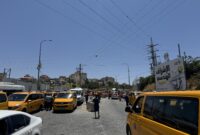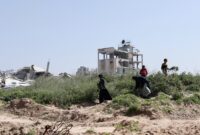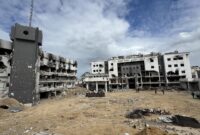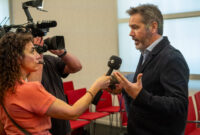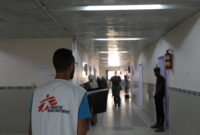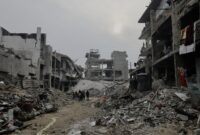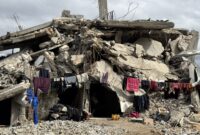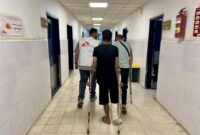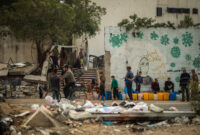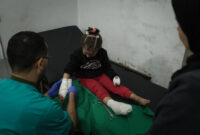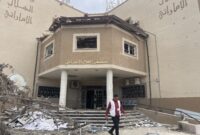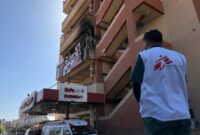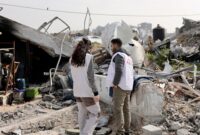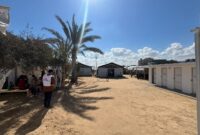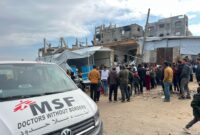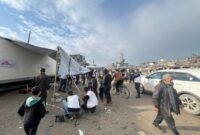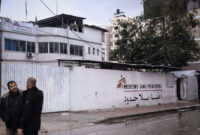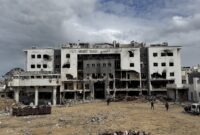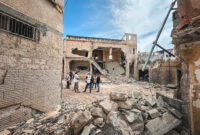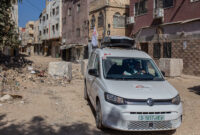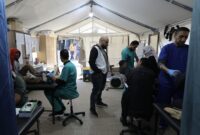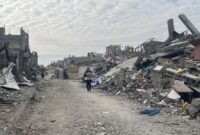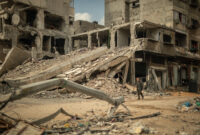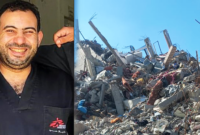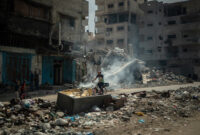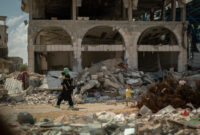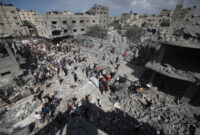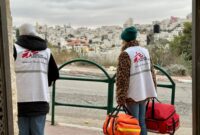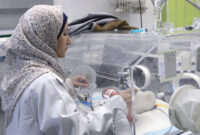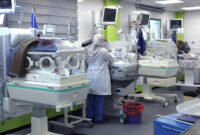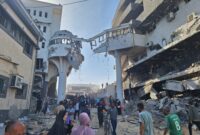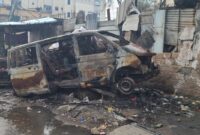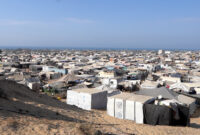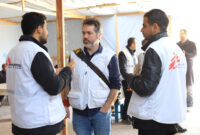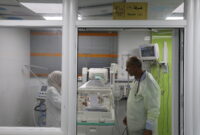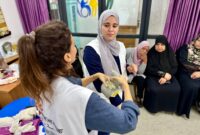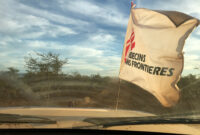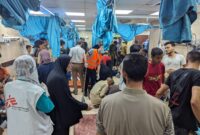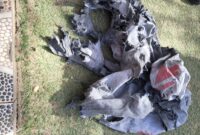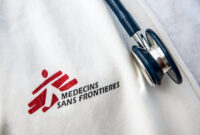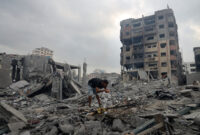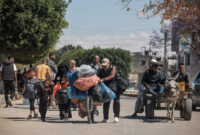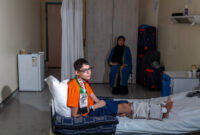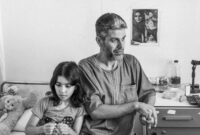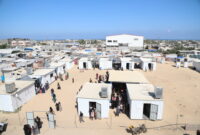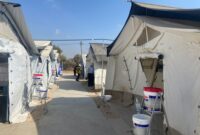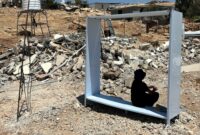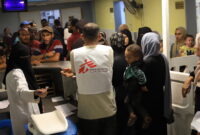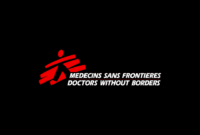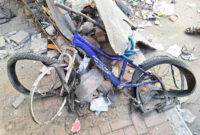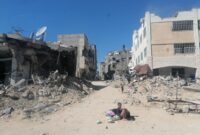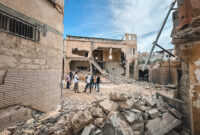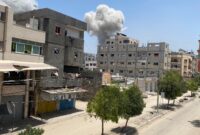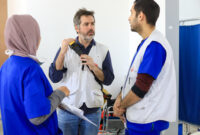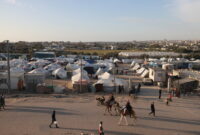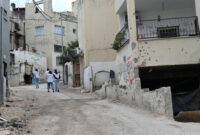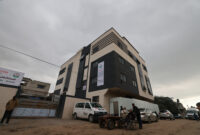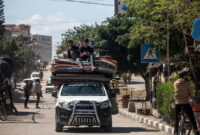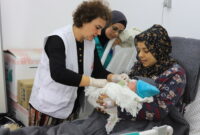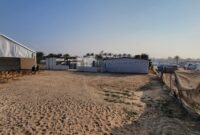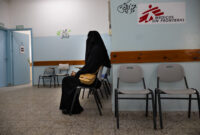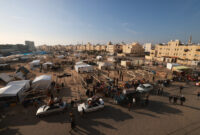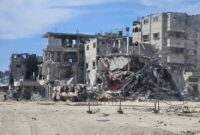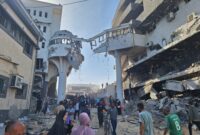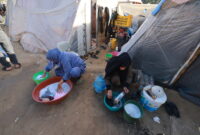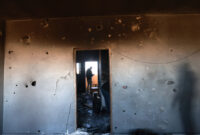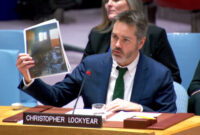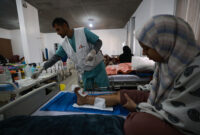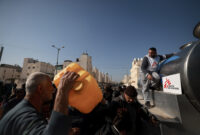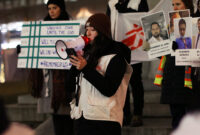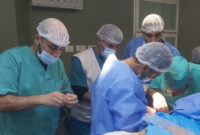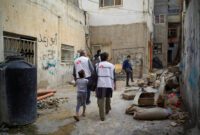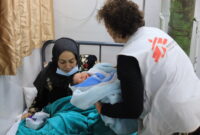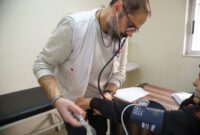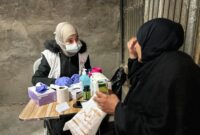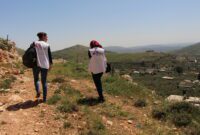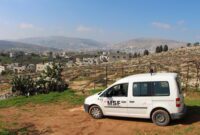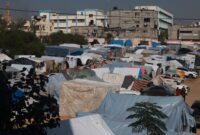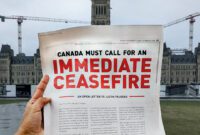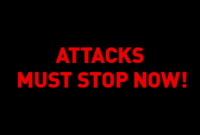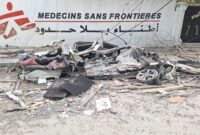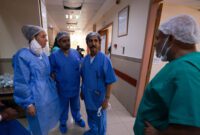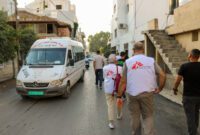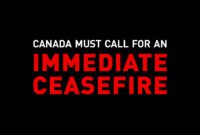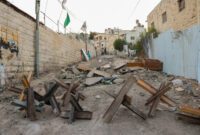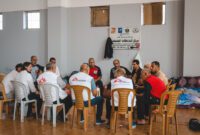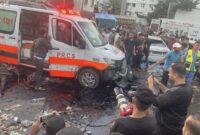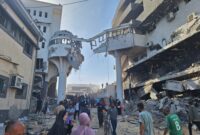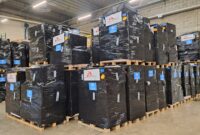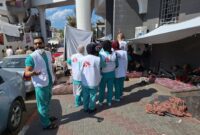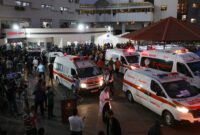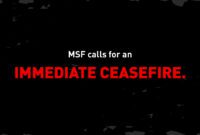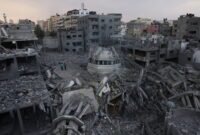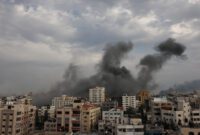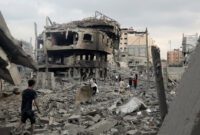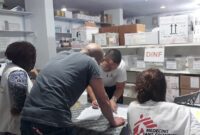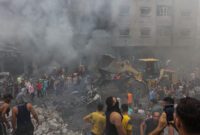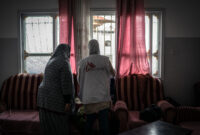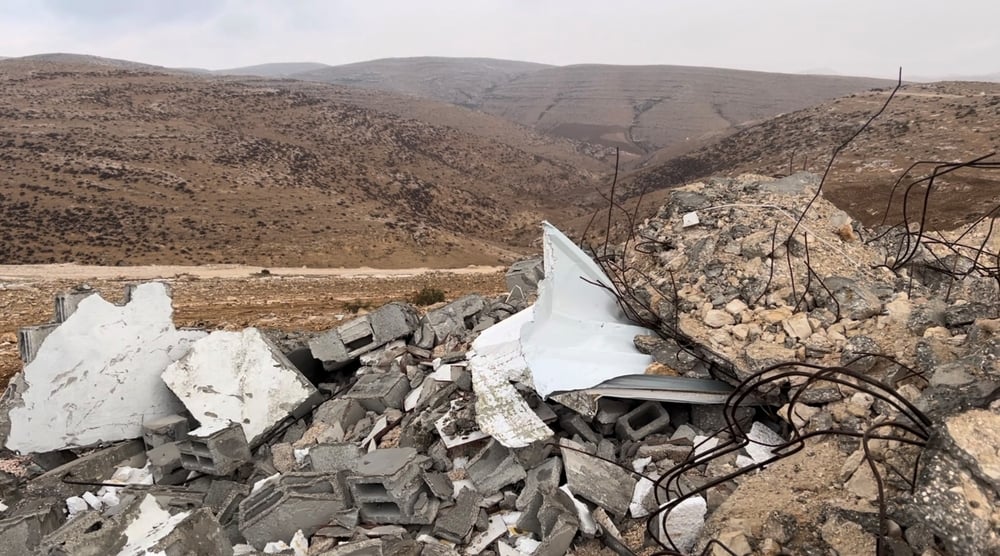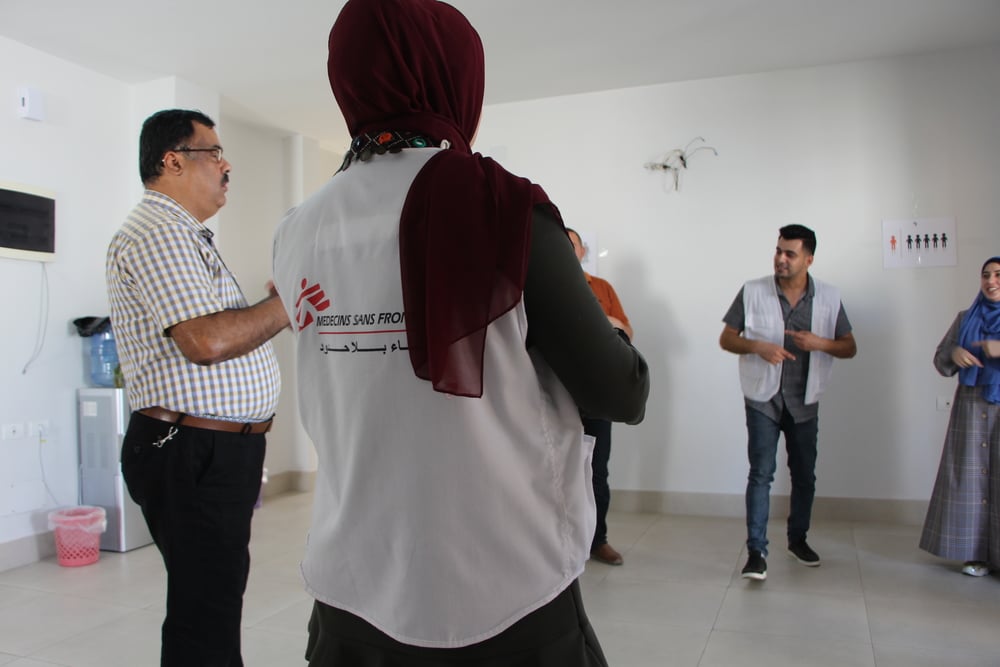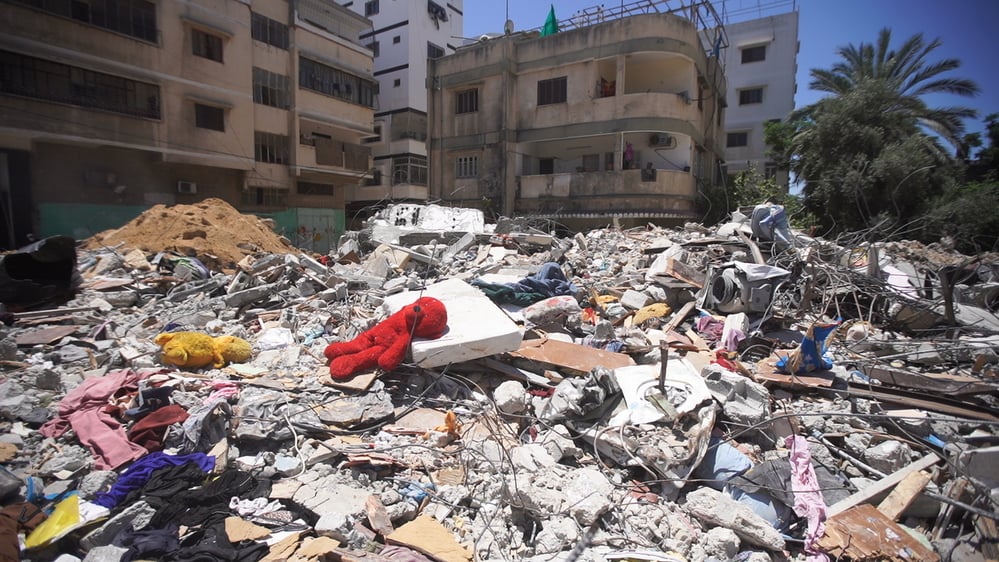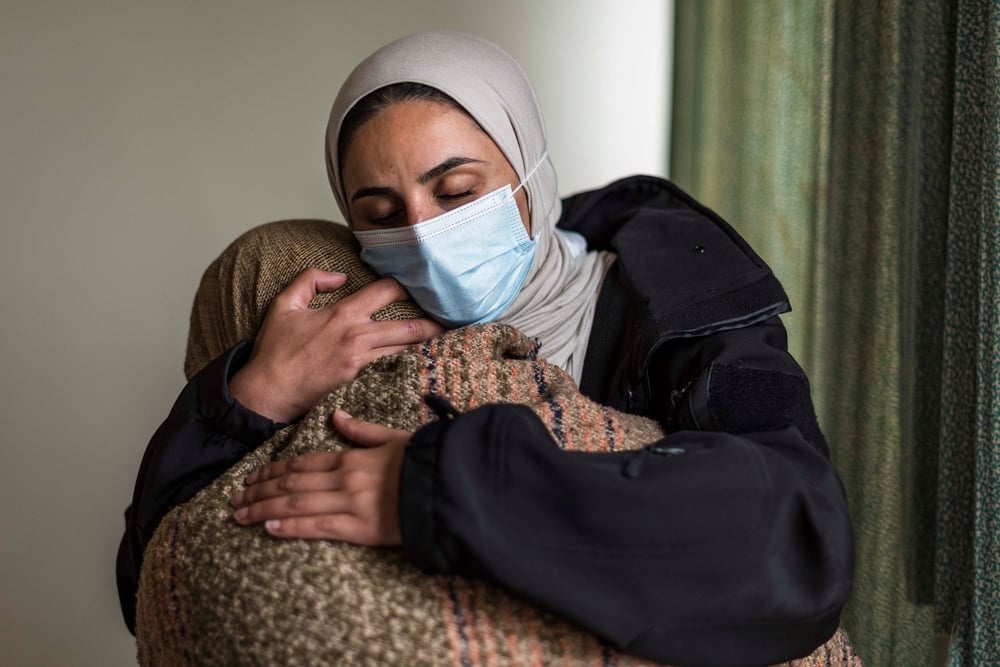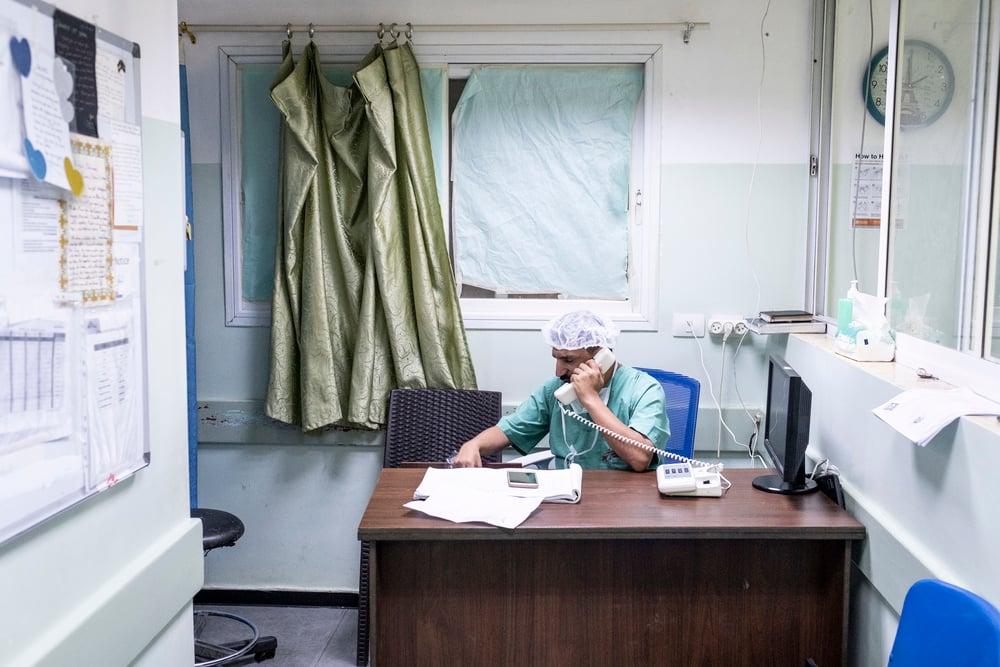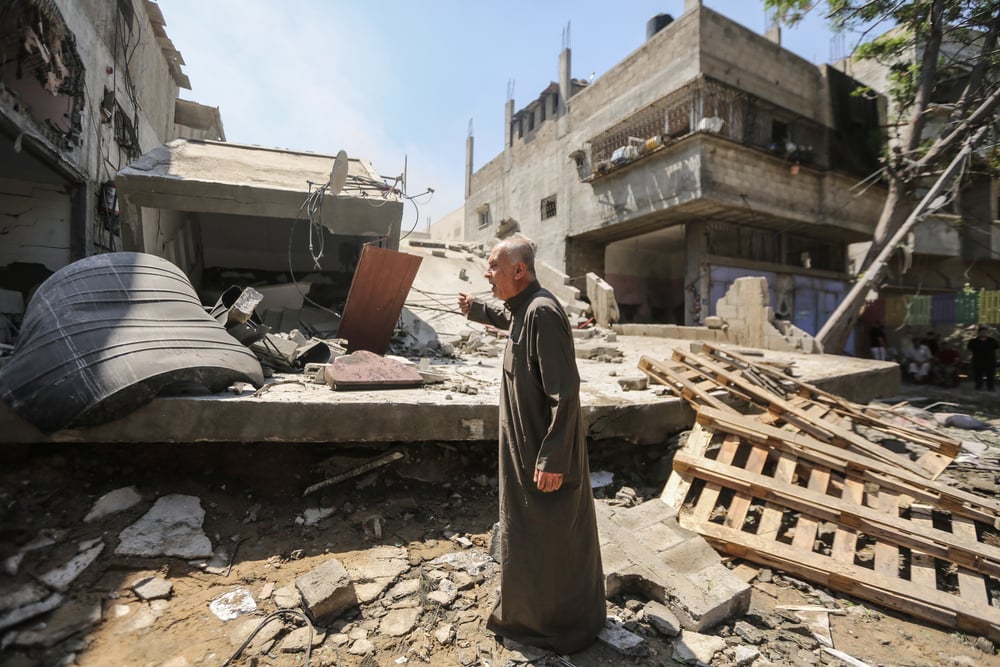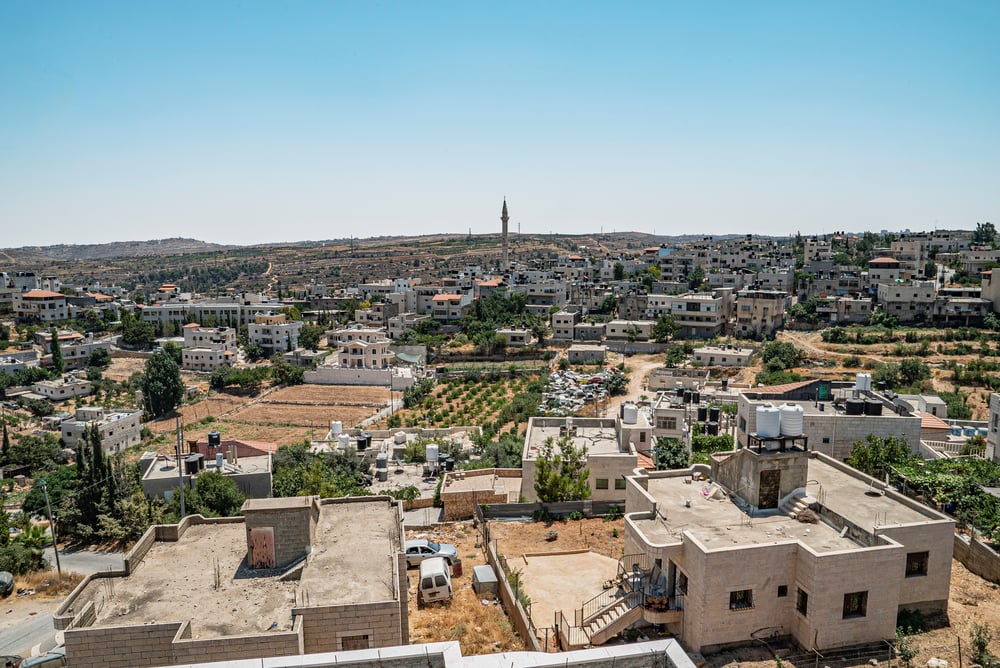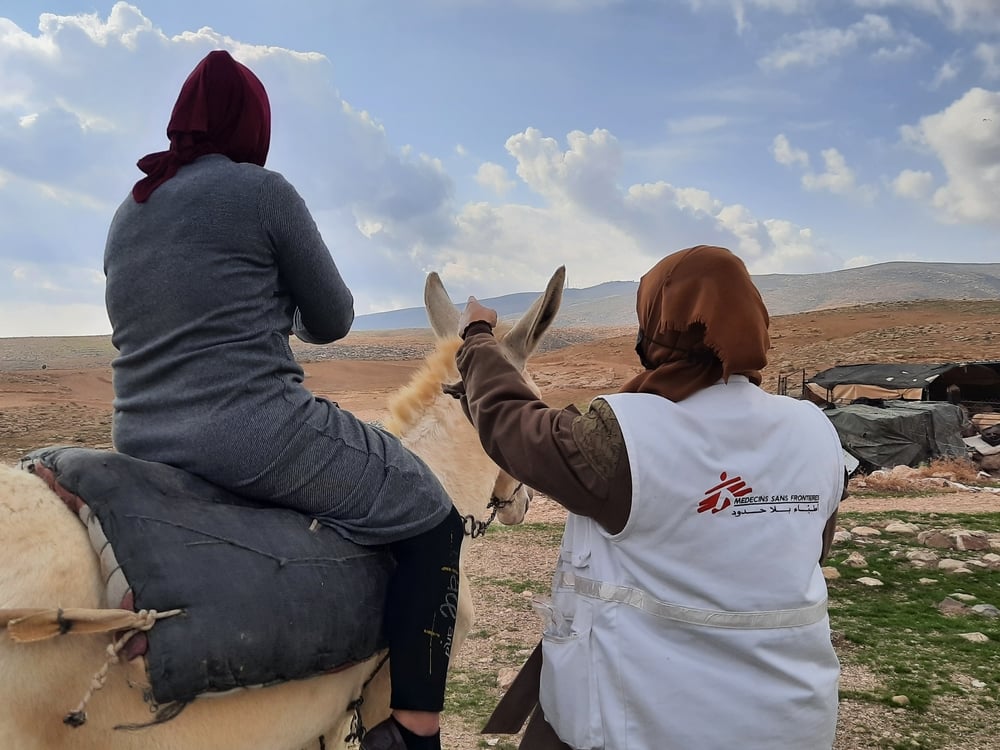MSF mourns the killing of our colleague in Gaza
Today, we are mourning the loss of one of our team members in Gaza, Mohammed Al Ahel, who was killed along with several members of his family on Nov. 6.
Mohammed had been a laboratory technician for MSF for over two years and was at his home in Al Shate Refugee Camp when the area was bombed and his building collapsed, reportedly killing dozens of people.
It is clear that no place in Gaza is safe from brutal and indiscriminate bombing. More than 10,000 people, including over 4,000 children, have now been killed in Gaza already, according to the Ministry of Health.
Our repeated calls for an immediate ceasefire have fallen on deaf ears, but we insist on it being the only way to prevent more senseless deaths across the Strip and allow adequate levels of humanitarian aid into Gaza.
All over Gaza, helpless people keep losing family members, their homes and their lives, while world leaders fail to take meaningful action.
In this tragic moment, we continue to be gravely concerned for all our colleagues in Gaza, many of whom are still working in hospitals across the Strip to provide lifesaving care. We reiterate our call for an immediate and unconditional ceasefire.
About MSF in Palestine
The information about our response, below, is correct as of Nov. 9, 2023.
MSF activities in Gaza are currently very limited. We have extreme difficulties delivering aid and providing healthcare due to the insecurity and the unpredictability of the bombardments. While some of our colleagues decided to move south following the unacceptable evacuation order of north Gaza, some of our other colleagues have remained in northern Gaza and continue to support in lifesaving activities in Al Shifa Hospital as well in Al Nasser hospital in the south. In Al Awda hospital, a team of seven MSF staff is also working in the MSF inpatient department.
We are also supporting local health authorities with donations from our medical stock. Due to the huge and uninterrupted influx of wounded people since the beginning of the current active conflict, Al Shifa Hospital, the main surgical facility in the Gaza strip, was on the brink of a complete shortage of essential medicines. In response, we recently were finally able to make a large donation of medical stock, including medicines and medical equipment to Al Shifa hospital.
Our staff are working hard on preparing medical and humanitarian supplies to be sent to Gaza when safe access will be guaranteed and open, and we’ll send in emergency teams if and when we’re able to.
MSF is committed to supporting the people affected by the Israeli heavy bombardments and indiscriminate attacks on Gaza. We stand in solidarity with healthcare workers and patients in Gaza. We want to be able to access people in need of medical care and offer lifesaving humanitarian services, but to do this we need basic guarantees of safety.
The West Bank
MSF’s medical and humanitarian activities in the West Bank have been affected by the escalation of violence and the reinforced movement restrictions that have limited people’s access to essential services, including healthcare. To adapt to the situation, MSF medical teams are providing phone consultations for Palestinian residents and displaced people, and referring patients for medical treatment, mental healthcare and social services. MSF mental health teams are also providing psychological first aid, counselling and psychotherapy, mostly remotely. In the West Bank city of Nablus, MSF teams are continuing to provide local people with mental healthcare.
MSF has donated medical supplies, including surgical kits, to Ahli hospital in Hebron, and first aid kits to community focal points in Beit Ummar, Al-Rashaydeh and to the emergency care centre in Um Al-Khair; and provided support including training for staff in Al Mohtaseb Hospital located in Hebron old city. MSF continues to assess the situation in hospitals across the West Bank.



